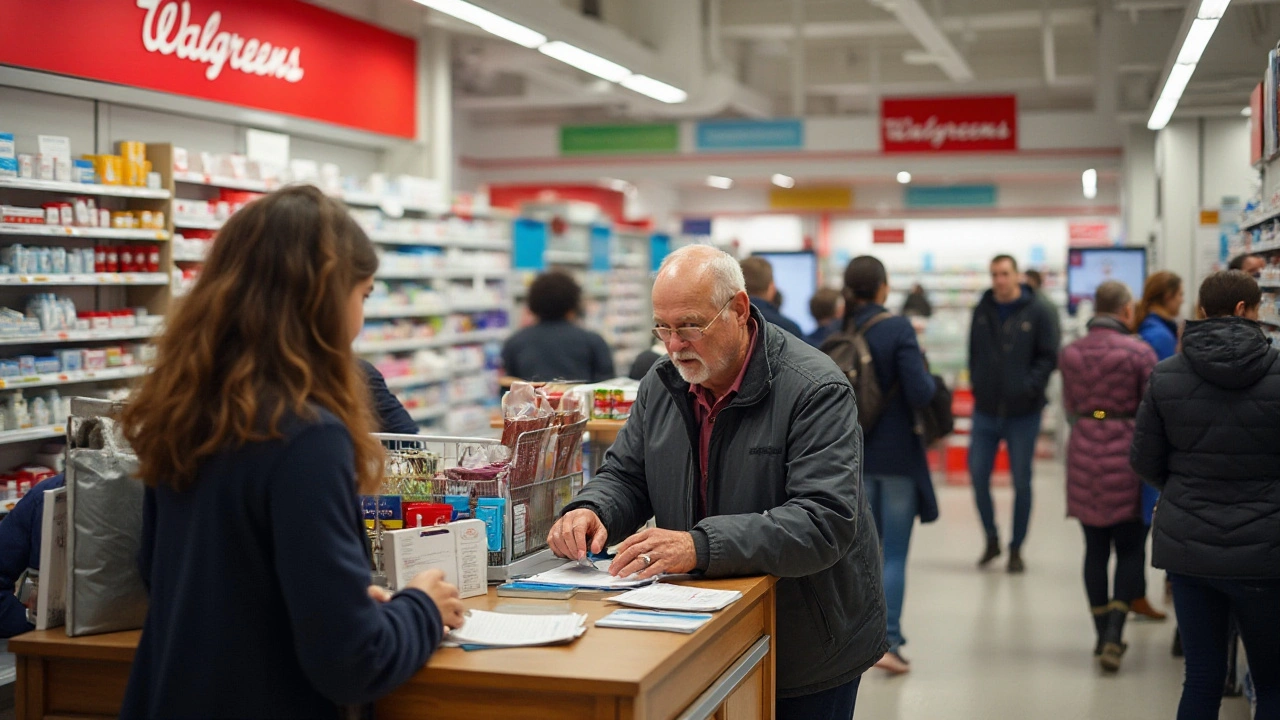Online Pharmacy Comparison: Pick a Safe, Affordable Pharmacy
Shopping for meds online can save money and time, but not every pharmacy is legit.
Use a short checklist to compare options quickly and avoid scams.
First, verify licensing and contact info. A real online pharmacy lists its physical address, phone number, and a pharmacist you can call. Search the license number on the regulator's site in the store's country. If there's no license, move on.
Second, require a prescription. Legitimate pharmacies ask for a prescription for prescription-only drugs and often offer an online consultation. If a store sells controlled meds without an Rx, that’s a red flag.
Third, check prices but watch extreme bargains. Low prices matter, but prices that are far below competitors can mean counterfeit or expired stock. Compare unit price, shipping, and any handling fees.
Fourth, read shipping and return policies. Know where the pills ship from, expected delivery time, customs risk, and how returns or refunds work. Fast, trackable shipping is a plus; vague delivery promises are not.
Fifth, look for third-party seals and reviews. Trust verified seals like national pharmacy boards or recognized accreditation programs. Read recent customer reviews on independent sites, not only on the store page.
Sixth, confirm medicine authenticity. Look for photos, brand names, active ingredients, lot numbers, and expiry dates. When in doubt, ask the pharmacy for batch info or a certificate of analysis.
Seventh, check payment and privacy. Secure checkout (HTTPS), clear billing descriptors, and multiple payment options are good signs. Avoid platforms that only accept wire transfers or cryptocurrency for standard prescriptions. Read the privacy policy to see how your health data is handled.
Eighth, customer service matters. Test response time by asking a simple question before you buy. A slow, evasive, or unresponsive team suggests trouble.
Use comparison tools and notes while shopping.
Make a quick table with columns: price, Rx required, shipping time, license verified, reviews, and contact. Give each pharmacy a score and pick the one that balances safety and cost.
If you need recurring meds, consider refill services, automatic billing safeguards, and local delivery options. For rare or expensive drugs, call the pharmacy and request documentation about sourcing.
Red flags to avoid: no Rx requirement for prescription drugs, only offshore contact, extremely low prices, vague shipping origin, poor or fake reviews, and no pharmacist contact.
If something feels off, stop and ask your doctor or local pharmacist. A short call can prevent a costly mistake. Comparing online pharmacies takes a few extra minutes but can protect your health and wallet.
Compare generic and brand options by checking active ingredients and dosages. Generics are usually the same as brand-name drugs but check the manufacturer reputation. Ask about expiration tracking and storage conditions, especially for temperature-sensitive medicines like insulin or biologics. Use insurance and coupon tools to lower cost, but confirm the final price at checkout including taxes. Keep records of order confirmations and receipts in case you need a refund or to report a problem to regulators. Save pharmacy contact info for future quick checks.
This article explores eight alternatives to CVS.com, each offering unique health and wellness services. From Walgreens to Albertsons Pharmacy, we delve into the pros and cons of each option to help you make an informed decision. With varied services like online prescription management, competitive pricing, and convenient locations, these alternatives offer valuable solutions for managing your healthcare needs. Discover which pharmacy fits your requirements best, whether it's due to location, service range, or pricing.
